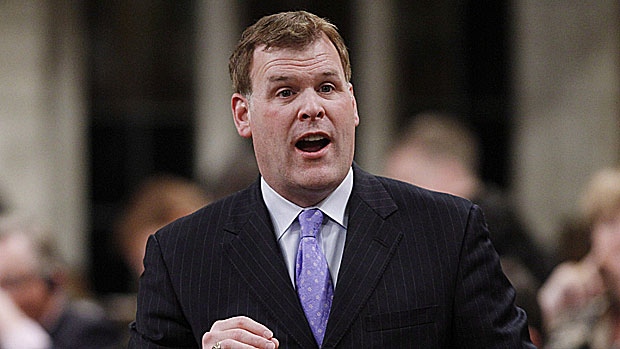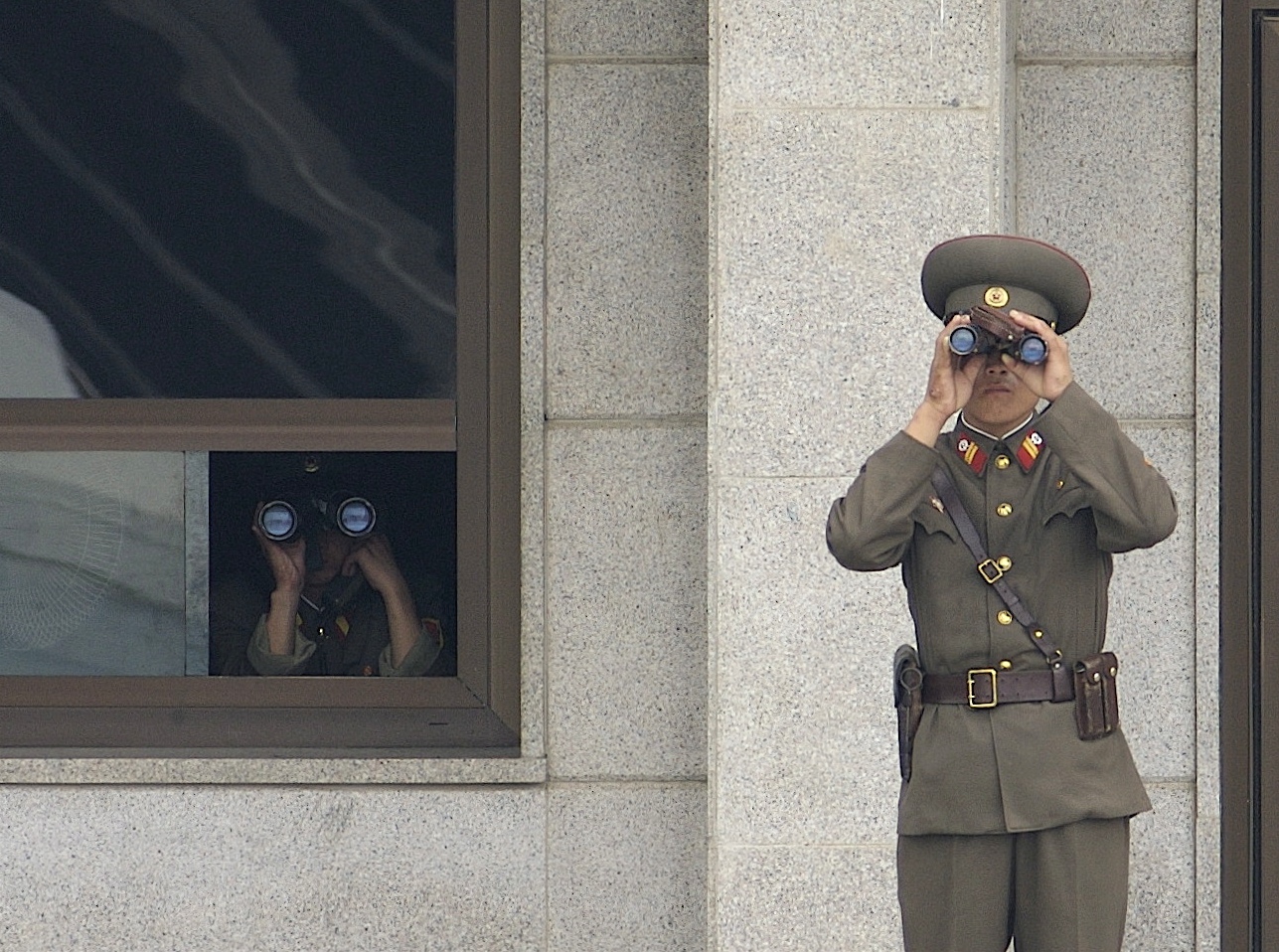As citizens gathered to celebrate Bastille Day in Nice, France, on the evening of July 14, a truck drove into the crowds, killing 84 people on the national holiday. In his address to the country, French President François Hollande called the event a terrorist act, the third to happen in France since the January 2015. As a result, France’s state of emergency has been extended for an additional three months, despite earlier statements that it would be lifted at the end of July.
Investigations have since revealed that the attacker was 31-year-old Mohamed Lahouaiej Bouhlel. A father of three, Bouhlel is reported to have led multiple lives, including a turbulent family life after separating from his wife who accused him of abuse, an erratic social life involving drugs and an obsession with fitness, and ultimately an extremist life that went undetected parallel to his other lives. According to friends and family, Bouhlel’s radicalization went largely unnoticed as he was “indifferent to religion, volatile, and prone to drinking sprees.” In fact, France’s top counterterrorism prosecutor described him as “hardly a devout Muslim: He ate pork, drank alcohol, used drugs and led ‘an unbridled sexual life.’”
Almost half of the 84 victims of the attack were foreigners from 19 countries including Germany, the United States, Madagascar, Russia, Turkey and Ukraine. In addition, according to funeral information released by Nice authorities, over one third of the attack’s victims were Muslims. Speaking to the French Catholic newspaper La Croix, Nice’s Imam Otmane Aissaoui said that, to “defend coexistence against isolation it must be remembered that these people died together, regardless of their religion.”
In France, there has been an explosive political response to the attacks. Far from the cohesive response to the Paris attacks, this time the Right has led strong criticism of the Socialist government, with Alain Juppé of the party Les Republicains saying that “if all the measures had been taken, the drama wouldn’t have happened.” Conservative president of the Provence region Christian Estosi also accused the government of failing to provide sufficient policing in the area despite his repeated requests.
Marine Le Pen, leader of the National Front Party has urged government action against the “murderous ideology that we let develop in our country”, calling for the French Interior Minister to resign. Representing an anti-immigration and anti-EU contingent, Le Pen also saw her approval ratings improve by three percentage points after the attack, indicating that the public opinion is also shifting to the right.
In the Nice suburb of Ariane, many Muslims are feeling alienated and unfairly associated with the Bastille Day tragedy. Younis, a community roof-builder, stated that “every time something happens in France, in Europe” the whole Muslim community is blamed. The Imam of the Al Fourkane mosque has “cautioned against focusing on the killer’s faith” because radical groups prey on the weak, and those marginalized by society are more vulnerable to radicalization.
Despite this advice, anti-immigrant and anti-Muslim sentiment is resurfacing in France, and this recent attack has only exacerbated the situation. The National Front party, for instance, is gaining popularity ahead of the national elections to take place next year. The party’s presidential candidate, Marine Le Pen, has called for policies including increased surveillance of French Muslims, and expanded powers to detain those suspected of terrorism acts, connections, or planning. Following the Bastille Day attack, she also issued a video statement saying, “It is possible to assimilate individuals, but not to assimilate an entire people, who bring with them their culture and their religion.”
In the wake of the Bastille Day attack, many commentators have reflected on why France has disproportionately been the target of homegrown terrorist attacks as of late. A key piece of the puzzle is the country’s unique colonial past marked by “civilizing missions” in North African countries including Algeria, Syria, and Lebanon. Following the Algerian war for independence, there was a mass migration to France from North Africa due to an economic boom, but colonial-era discrimination continued in French society. Today, studies have shown that French Muslims continue to face job market barriers and high rates of imprisonment compared to other groups, and there are many Muslim ghettos in the country seen as “[hubs] of crime, poverty, social isolation and unemployment.”
Coupled with rising nationalism and intolerance towards immigrants, France has quickly become a breeding ground for extremism among vulnerable populations, including disenfranchised French Muslims and the mentally ill. This appears to have been the case as well with the recent Nice attack. As the Soufan Group observes, “the propaganda of the Islamic State offers an attractive alternative of belonging, purpose, adventure and respect” for those who feel isolated by their communities. Thus, in response to the growing sense of crisis in France, it appears time to make amends with historically marginalized peoples instead of further alienating entire communities. Only this way might future tragedies be effectively prevented.
Photo: Flags at half mast following Nice attack (2016), GrandCelinen, via Wikipedia. Licensed under CC BY-SA 3.0
Disclaimer: Any views or opinions expressed in articles are solely those of the authors and do not necessarily represent the views of the NATO Association of Canada.



